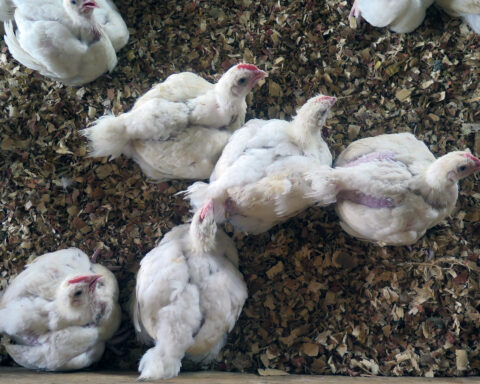Ambitious government targets plan to restore the country’s environment. With over 40% of our native species threatened with extinction – is it too late for our wildlife?
The dawn chorus – a crescendo of bird song announcing the end of the night – is falling silent across much of the UK. A quarter of all British bird species are under threat of extinction, and more birds are becoming vulnerable every year.
A rapidly changing climate and an increasingly unpredictable world make it harder for birds, alongside other wildlife, to survive. The insects that birds rely on for food and that we rely on for pollinating crops are vanishing. Out of seven pollinator species essential to our agriculture, four are declining.
Even our most loved national favourites, such as hedgehogs, the wildcat and the red squirrel, are on the brink of disappearing altogether. A quarter of all mammals are at risk of facing the same fate.
When we look out to sea, fish aren’t faring much better – overfishing is devastating two-thirds of our fish populations, and if current trends continue, they’re vulnerable to collapse. Cod is still struggling, with estimates suggesting a 16% drop in catches is needed to protect the species.
Worldwide, over one million species are under threat of extinction – and that number is rising. Species native to Britain face a similar fate, as 41% are declining. The UK was declared “among the most nature-depleted countries in the world” by a State of Nature report in 2019.
Rising global temperatures, extreme weather and destroyed habitats are primarily to blame for the rapid loss of wildlife. The government pledged to protect 30% of land as part of the Leaders Pledge for Nature In September 2020. The UK, alongside 93 other countries, is committed to reversing the loss of nature by 2030.
Achieving such ambitious goals won’t be easy – and multiple analyses have found we are falling short. In 2020 two-thirds of our United Nations biodiversity targets were missed, and our current pace of action means we’re unlikely to hit them anytime soon.
Despite this, Natural England chair, Tony Juniper, remains hopeful. Speaking last September at the anniversary of the signing of the Leaders Pledge for Nature, he said: “Nature recovery is within our grasp – we can become Nature Positive by 2030, provided we act now.”






